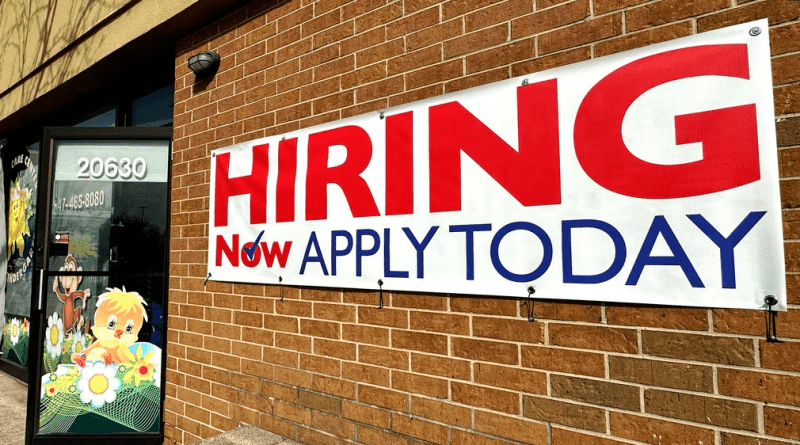The Biden administration has required employers to pay overtime for 4 million Americans
President Joe Biden’s administration has unveiled a rule mandating mandatory overtime pay for about 4 million fixed-wage workers, an expansion of a similar rule that was established by the Barack Obama administration and then overturned at the request of the court.
Under the Labor Department’s new requirements, employers must pay overtime premiums to workers whose salaries are less than $1,128 a week, or about $58,600 a year if they work more than 40 hours a week.
The current salary threshold of about $35,500 a year was set by the Trump administration in 2020 under a rule that labor rights advocates and many Democrats said wasn’t radical enough.
The rule does not affect overtime pay requirements for hourly-paid workers.
Julie Su, acting secretary of labor and a candidate for the permanent position, said in a press release that the rule ensures that workers either make more money or receive the same pay for fewer hours worked.
“Too often, low-wage workers in fixed-wage positions do the same work as their hourly-paid counterparts but spend more time away from their families without additional pay,” Su said.
Under the rule, the minimum salary threshold will increase to $43,888 on July 1 and to $58,656 on Jan. 1, 2025. Beginning in 2027, the threshold will automatically increase every three years to reflect changes in average earnings.
U.S. wage laws require employers to pay eligible employees one-and-a-half times their regular rate of pay if they work more than 40 hours per week. Employees with salaries above the threshold may still be eligible for overtime pay if they are not primarily performing managerial duties.
Employees are generally automatically exempt if their salary exceeds $107,432. The new rule would raise that threshold to about $151,000.
Several states, including California and New York, have set salary thresholds for determining overtime eligibility that exceed the current federal standard.
The Department of Labor doubled the minimum salary threshold to about $47,000 in 2016. The following year, a federal judge in Texas struck down that threshold, saying it was so high that it could include some managerial employees who are exempt from overtime pay protections.
The new rule is likely to face legal challenges on the grounds that, like the Obama administration’s rule, it violates federal wage laws, including many low-paid executives and professionals who would not normally be eligible for overtime.
Many large business groups have urged the Labor Department to delay changes to the overtime rules, citing economic uncertainty and labor shortages that have increased companies’ operating costs.
“This rule … comes at a time when many entrepreneurs continue to struggle in today’s unpredictable regulatory environment, struggling with stagnant inflation, labor issues and high commodity costs,” said Michael Layman, senior vice president of the International Franchise Association.
The rule could hurt workers by forcing many companies to turn fixed-wage positions into hourly positions, reducing employees’ pay and stripping them of some benefits, said Congresswoman Virginia Foxx, chairwoman of the U.S. House Labor Committee.
